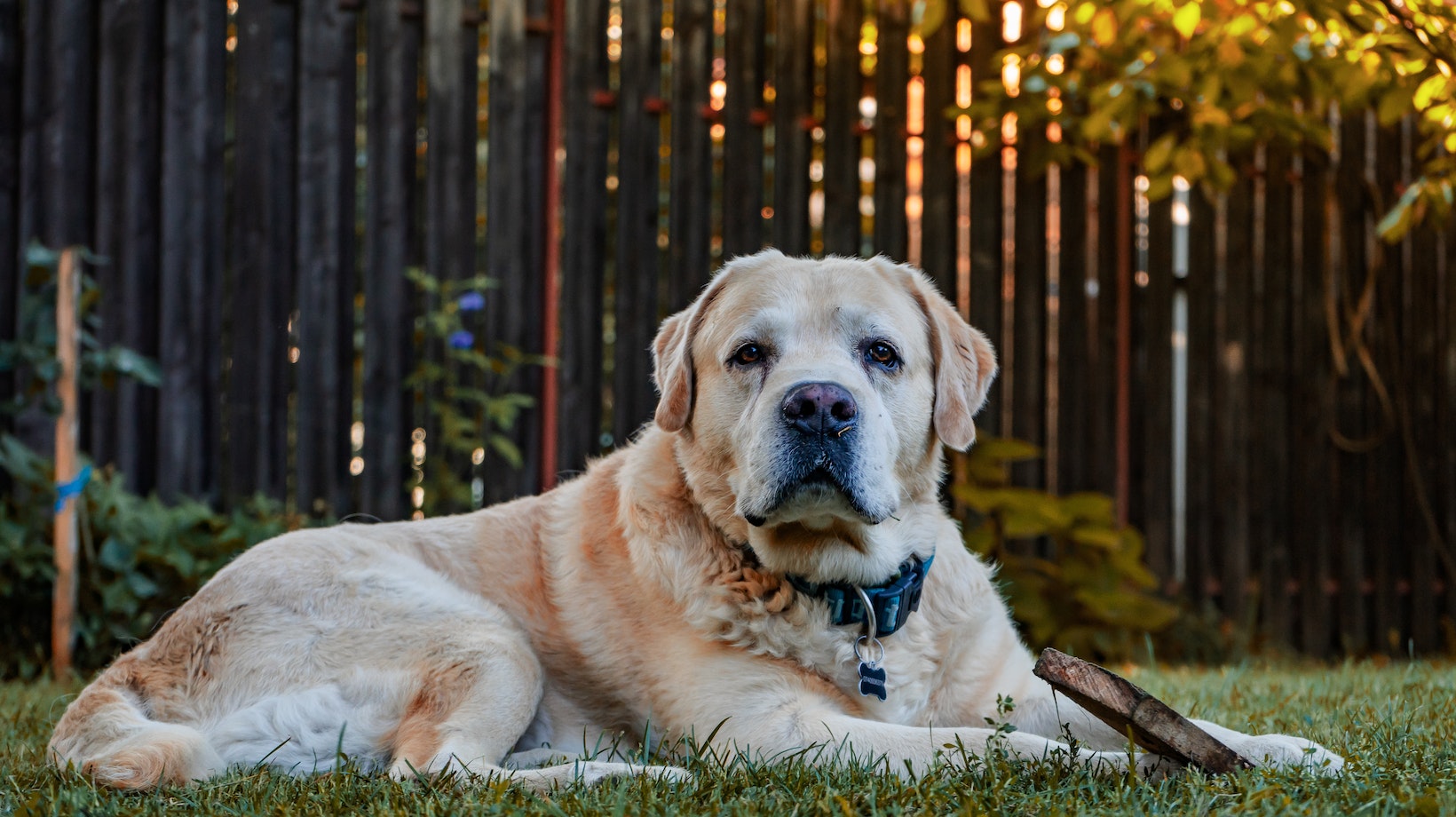How To Stop Puppy From Biting Me
First and foremost, it’s important to understand that biting is a normal part of a puppy’s development. They explore the world through their mouths, much like human babies do. However, it’s crucial to teach them appropriate boundaries so they don’t grow up thinking it’s okay to nip or bite.
One effective technique is redirection. Whenever your Labrador pup starts nibbling on you, quickly redirect their attention to an appropriate chew toy or bone. This helps them understand what is acceptable for biting and what isn’t. Be consistent in offering these alternatives and praise them when they chew on the right objects.
Another strategy is teaching bite inhibition. When your puppy bites too hard during playtime, let out a high-pitched yelp or say “ouch” loudly to mimic the reaction of another puppy. This will startle them and make them realize that their playmate (you) is hurt by their actions. With time, they’ll learn to inhibit the force of their bites.
Providing Appropriate Chew Toys For Your Labrador
- Choose durable toys: Labradors are known for their strong jaws and love of chewing, so opt for sturdy toys that can withstand their powerful bites. Look for toys made from durable materials like rubber or nylon.
- Size matters: Make sure you select chew toys that are the appropriate size for your Labrador. Avoid giving them small toys that could pose a choking hazard or large ones that may be difficult for them to handle.
- Variety is key: Just like humans, dogs can get bored easily. Keep things interesting by providing a variety of chew toys with different textures, shapes, and flavors. This will keep your Labrador engaged and less likely to resort to nibbling on you.
- Interactive options: Consider interactive chew toys that not only satisfy their chewing needs but also provide mental stimulation and entertainment. Treat-dispensing puzzles or Kong-style toys filled with peanut butter or treats can keep your Labrador engaged for longer periods.
- Rotate the toys: To prevent boredom and maintain interest in their chew toys, rotate them regularly. Introduce new options while temporarily removing others from circulation, then switch them up again after a few days or weeks.
Remember that each dog has its preferences, so observe what types of textures or flavors your Labrador enjoys most when it comes to chewing. By providing appropriate chew toys, you’ll not only save yourself from painful nips but also promote healthy dental habits and mental stimulation for your furry friend.
So go ahead and explore the wide range of chew toy options available in the market today – just make sure they’re suitable for your Labrador’s size, durability needs, and personal preferences. Happy chewing!

Seeking Professional Help If Needed
- Expert Knowledge: Professional trainers and behaviorists have extensive knowledge and experience in dealing with dog behaviors, including puppy biting. They understand the underlying causes behind this behavior and can provide tailored strategies to address it effectively.
- Individualized Approach: Every Labrador puppy is unique, and what works for one may not work for another. A professional can assess your specific situation, taking into consideration factors like age, temperament, and environment, to develop a personalized plan that suits your puppy’s needs.
- Faster Results: Working with a professional allows you to tap into their expertise and techniques that have proven to be successful in curbing unwanted behaviors like biting. Their guidance can expedite the learning process for both you and your pet, leading to quicker results.
- Behavior Modification: In some cases, puppy biting may be an indicator of an underlying behavioral issue that requires specialized attention. A trained professional can identify any potential underlying issues such as anxiety or fear-based aggression and devise a comprehensive behavior modification plan accordingly.
- Support System: Dealing with challenging behaviors like puppy biting can be emotionally draining for pet owners. By seeking professional help, you gain access to ongoing support from someone who understands what you’re going through and can provide guidance throughout the training process.
Remember that seeking professional help doesn’t mean you’ve failed as a pet owner; rather, it shows your commitment to providing the best care for your Labrador puppy. Collaborating with an expert will increase your chances of successfully addressing the biting behavior while fostering a positive and trusting relationship with your furry companion.
If you decide to seek professional help, be sure to research and choose a reputable trainer or behaviorist who uses positive reinforcement methods. Ask for recommendations from trusted sources such as your veterinarian, fellow dog owners, or local breed clubs. Together with their guidance and your dedication, you’ll be well on your way to teaching your Labrador puppy appropriate biting inhibition skills.